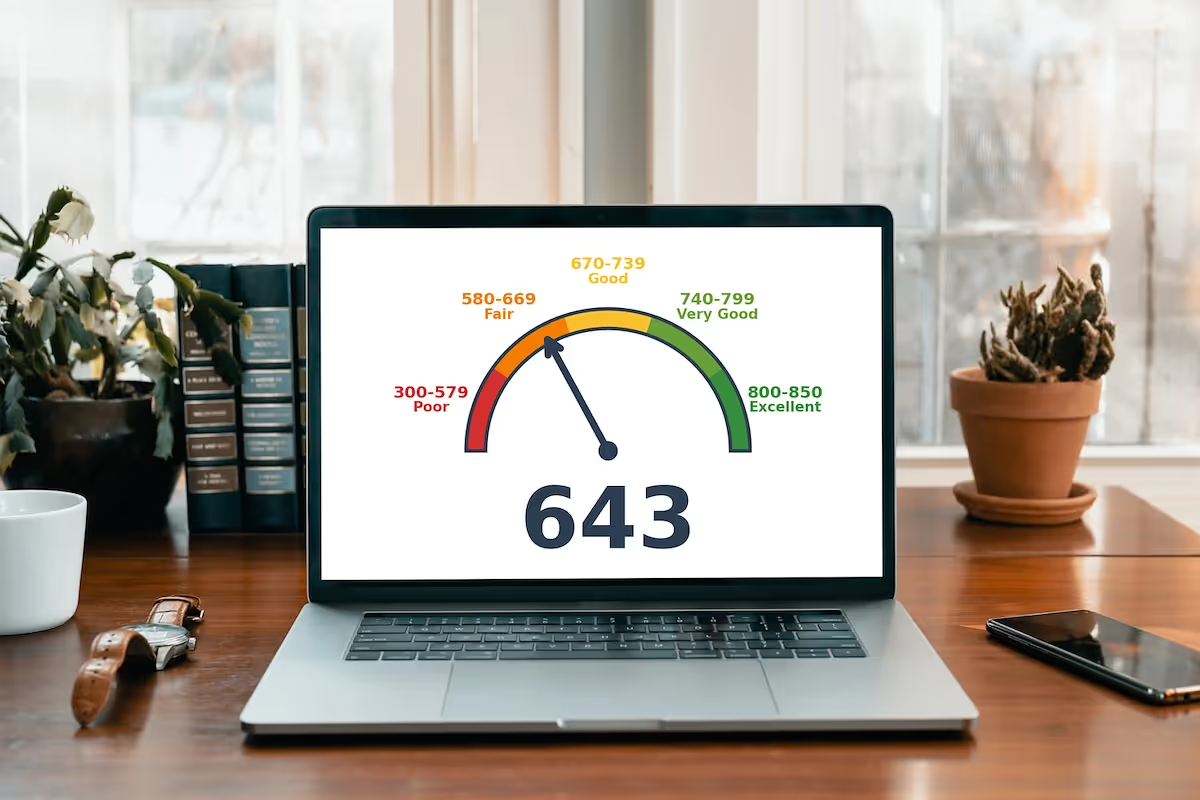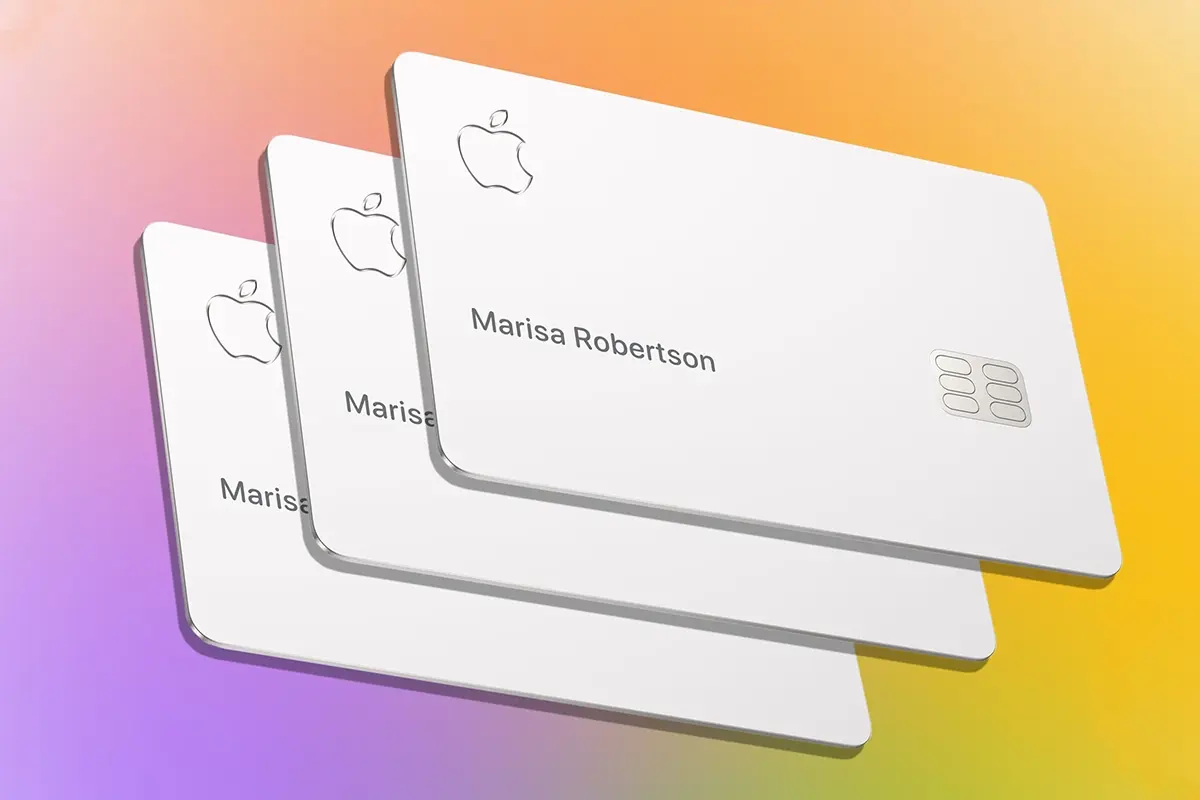
Kudos has partnered with CardRatings and Red Ventures for our coverage of credit card products. Kudos, CardRatings, and Red Ventures may receive a commission from card issuers. Kudos may receive commission from card issuers. Some of the card offers that appear on Kudos are from advertisers and may impact how and where card products appear on the site. Kudos tries to include as many card companies and offers as we are aware of, including offers from issuers that don't pay us, but we may not cover all card companies or all available card offers. You don't have to use our links, but we're grateful when you do!
643 Credit score: What You Need to Know in 2025
July 1, 2025


TL;DR
A 643 credit score is a solid foundation, positioning you to qualify for a range of credit products and begin building a stronger financial future. This score falls squarely within the 'Fair' category according to the widely-used FICO scoring model, offering a great opportunity for improvement.
What Does a 643 Credit Score Mean?
A credit score of 643 places you in the "fair" range on the FICO scale. While not a poor score, it's below the U.S. average and may signal some risk to lenders. This means that while you can still get approved for loans or credit cards, you likely won't qualify for the most competitive interest rates. Lenders may offer you less favorable terms, potentially costing you more over the life of a loan.
However, a 643 score is a solid foundation to build upon. It's a position from which you can work toward a stronger financial future. Moving into the "good" credit tier is an achievable goal that can unlock more favorable financial opportunities down the road.
Who Has a 643 Credit Score?
While age isn't a direct factor in credit score calculations, there is a clear trend of scores increasing over a lifetime. According to a 2023 generational breakdown, the average FICO scores are:
- Generation Z (ages 18-26): 680 (Good)
- Millennials (ages 27-42): 690 (Good)
- Generation X (ages 43-58): 709 (Good)
- Baby Boomers (ages 59-77): 745 (Good)
- Silent Generation (ages 78+): 760 (Very Good)
Credit Cards With a 643 Credit Score
A credit score of 643 places you in the "fair" credit range, which is a bit of a mixed bag when applying for new credit cards. While you'll likely find yourself eligible for a decent selection of cards, you may not qualify for the premium options that come with top-tier rewards and benefits. Lenders will generally view your application more favorably than those with poor credit, but you can expect to face higher interest rates and lower credit limits than applicants with good or excellent scores.
Kudos uses AI-powered tools to help you find the right credit card by analyzing your personal preferences and financial habits against a database of nearly 3,000 cards. The platform provides personalized recommendations and allows you to compare your top choices, giving you insights into how each card aligns with your credit score and financial goals.
Auto Loans and a 643 Credit Score
A 643 credit score places you in the 'non-prime' borrower category, which means you'll likely be approved but with higher-than-average interest rates. This score signals more risk to lenders, resulting in less favorable loan terms compared to those offered to prime or super-prime borrowers.
According to Q2 2025 data from Experian, here are the average auto loan rates broken down by credit score:
- Super-prime (781-850): 5.25% for new cars, 7.13% for used cars
- Prime (661-780): 6.87% for new cars, 9.36% for used cars
- Non-prime (601-660): 9.83% for new cars, 13.92% for used cars
- Subprime (501-600): 13.18% for new cars, 18.86% for used cars
- Deep subprime (300-500): 15.77% for new cars, 21.55% for used cars
Mortgages at a 643 Credit Score
With a 643 credit score, you are positioned to qualify for several major home loans. This score meets the minimum requirements for conventional, FHA, VA, and USDA loans. While this opens multiple doors for homeownership, your score is generally not high enough to be approved for a jumbo loan, which typically requires a credit score of at least 700.
However, a 643 score will directly impact your loan terms. You can expect to face higher interest rates and potentially larger private mortgage insurance (PMI) premiums than applicants with stronger credit profiles. This means that while you can get a mortgage, it will likely be more expensive over the life of the loan.
What's in a Credit Score?
Figuring out what goes into your credit score can feel like trying to solve a complex puzzle, but it generally boils down to a handful of key elements. The most common factors include:
- Your payment history, which tracks whether you pay your bills on time, is the most significant factor.
- Credit utilization, or the amount of credit you're using compared to your total available credit, also plays a major role.
- The length of your credit history demonstrates your experience with managing credit over time.
- Having a healthy mix of different types of credit, such as credit cards and installment loans, can positively impact your score.
- Finally, recent credit inquiries, which occur when you apply for new credit, are also taken into account.
How to Improve Your 643 Credit Score
No matter your starting point, it is always possible to improve your credit score. With consistent effort and the right strategies, you can boost your 643 score and open the door to better financial opportunities.
- Establish Automatic Bill Payments. This is one of the most effective proven methods, as it ensures you never miss a due date. Since payment history is the single most important factor in your score, paying on time is critical for improvement.
- Reduce Your Credit Utilization Ratio. Aim to keep your credit card balances below 30% of your total credit limit. Lowering your credit utilization shows lenders you can manage credit responsibly and can quickly improve your score.
- Monitor Your Credit Reports. Regularly check your reports from all three bureaus for any errors or inaccuracies that could be dragging your score down. Disputing and removing incorrect negative items is one of the fastest ways to see a score increase.
- Become an Authorized User. Ask a family member with a strong credit history to add you as an authorized user on one of their credit cards. Their positive payment history and low credit utilization can be added to your credit file, potentially giving your score a helpful boost.
To help you spend smarter while building your credit, the Kudos browser extension can recommend the best card for every purchase.
Unlock your extra benefits when you become a Kudos member

Turn your online shopping into even more rewards

Join over 400,000 members simplifying their finances

Editorial Disclosure: Opinions expressed here are those of Kudos alone, not those of any bank, credit card issuer, hotel, airline, or other entity. This content has not been reviewed, approved or otherwise endorsed by any of the entities included within the post.



































.webp)





.webp)

